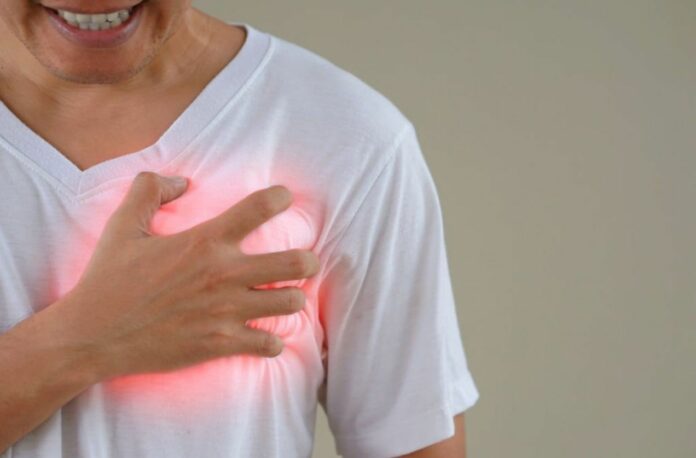Lowering blood sugar and reducing fatty acids that contribute to arterial hardening and heart disease may be possible with this discovery.
Researchers at Cornell’s Division of Nutritional Sciences, housed in the College of Human Ecology and the College of Agriculture and Life Sciences, have found a potential strategy to prevent age-related weight gain and associated health disorders such as Type 2 diabetes, heart disease, and chronic inflammation.
Their study suggests that stimulating the production of a particular type of fat cells could reverse the effects of a slowing metabolism.
The research, which was published in Nature Communications, reveals the potential therapeutic benefits of a third type of fat called beige fat. While mammals typically have two types of fat – white adipose tissue (WAT) and brown adipose tissue (BAT) – beige fat, a subtype of WAT, has similar cellular precursors as white fat and thermogenic properties as brown fat.
The stimulation of beige fat production could help reverse the effects of a slowing metabolism, preventing age-related weight gain and associated health disorders like Type 2 diabetes, heart disease, and chronic inflammation.
Additionally, beige fat may help reduce blood sugar levels and the buildup of fatty acids that cause hardening of the arteries and heart disease.
Stem cells called adipose progenitor cells generate thermogenic beige fat cells within white fat when someone is exposed to cold temperatures for a prolonged period. However, as people age, the response to this stimulus becomes weaker, leading to the production of more white fat.
Dan Berry, an assistant professor in the Division of Nutritional Sciences, explains that while young humans experience seasonal changes in beige fat, older people would have to stand outside in the snow in their underwear to experience the same effects.
Berry’s earlier research showed that the aging process hampers the formation of beige fat cells in response to cold temperatures. According to him, understanding the biochemistry behind this slowdown could help reverse the process and lead to therapeutic benefits.
“This is the ultimate goal,” adds lead author Abigail Benvie. “Without having to subject people to cold exposure for prolonged periods of time, are there metabolic pathways we can stimulate that could produce the same effect?”
They uncovered the function of a particular signaling pathway that obstructs the formation of beige fat in older mice by working against the immune system.
They also demonstrated that by inhibiting this pathway in aged mice, they could stimulate the production of beige fat in areas where it typically forms only as white adipose tissue (WAT).
Graduate students Derek Lee, Benjamin M. Steiner, and Siwen Xue, along with Yuwei Jiang from the University of Illinois at Chicago, co-authored the study. The National Institutes of Health funded the research through a $2.2 million, five-year grant. The grant will also allow Berry’s lab to further explore the pathway they have identified, as well as other molecular regulators of beige fat formation and their activity changes during aging.
Image Credit: Getty
